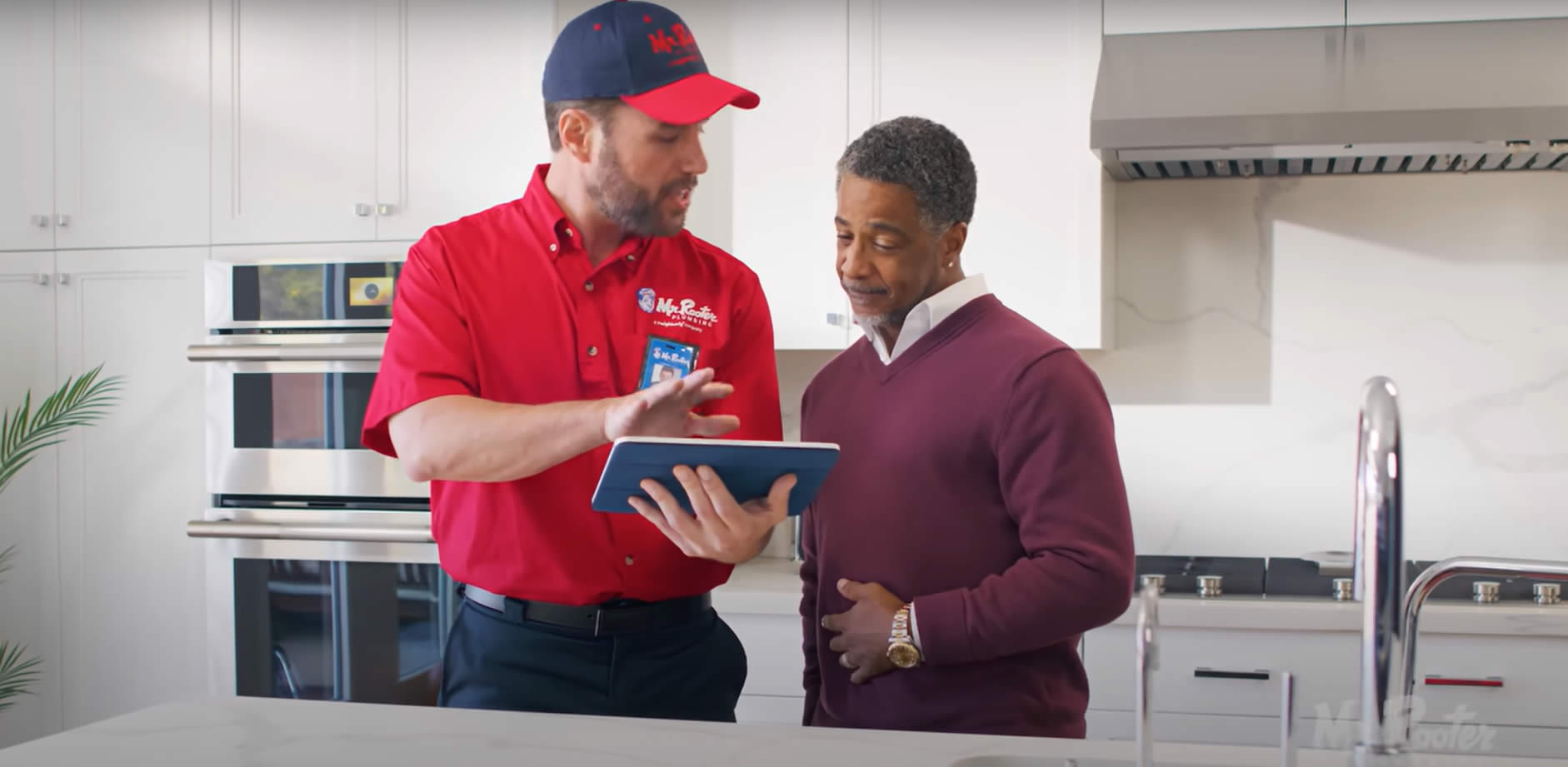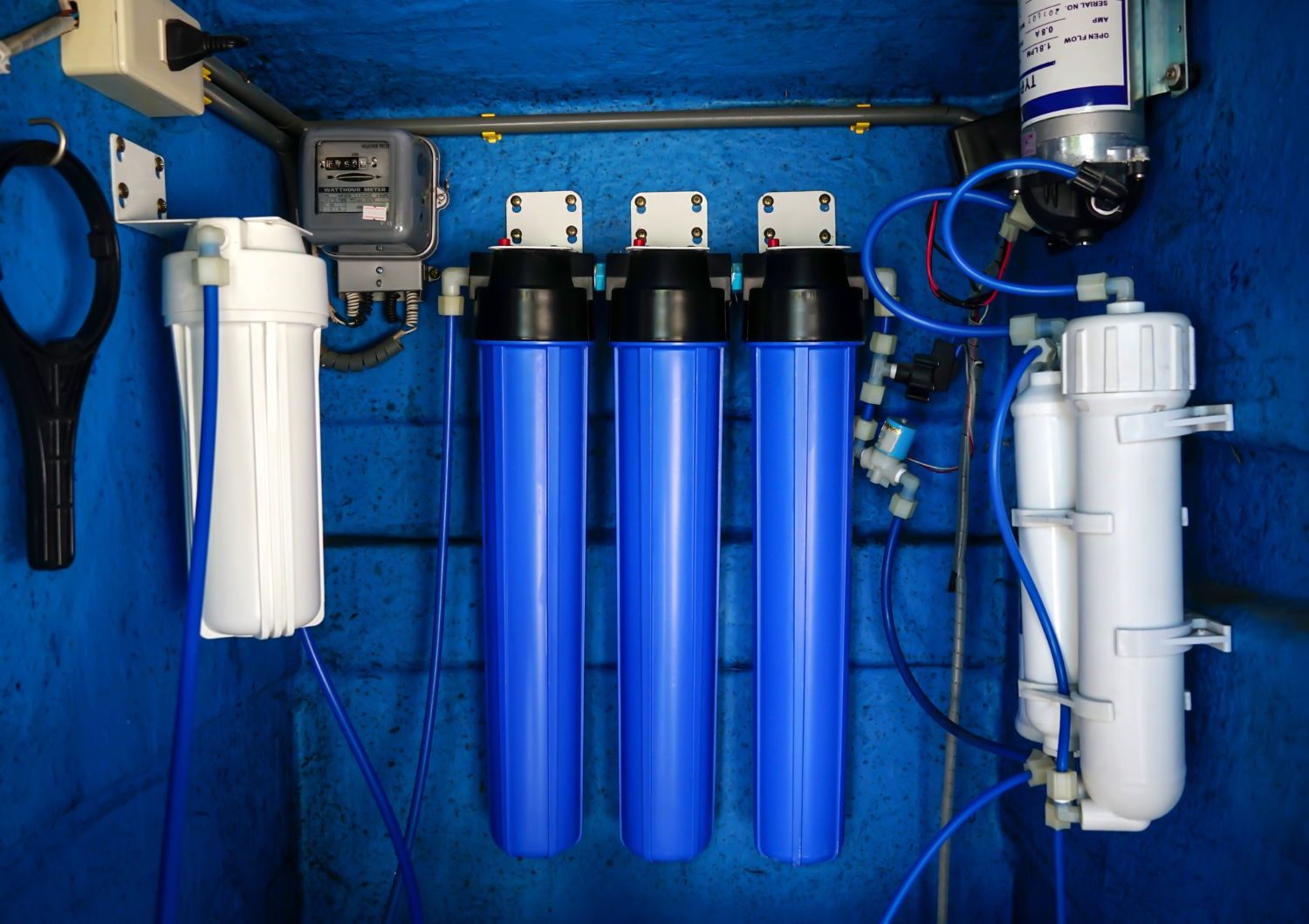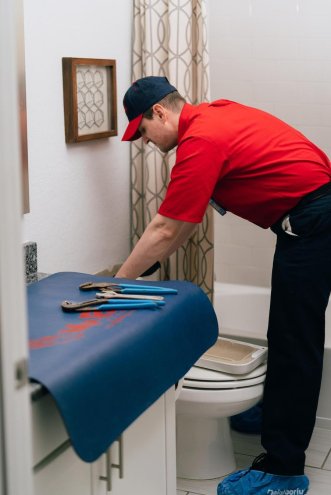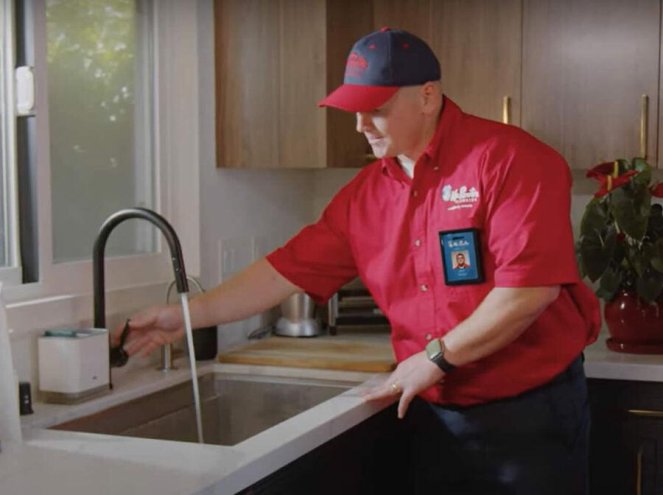Professional water softener installation is key to improving water quality and protecting your plumbing. However, DIY enthusiasts may attempt softener installations or upgrades to develop their skills and save money. While this proactive approach is commendable, if done incorrectly, it can lead to leaks, inefficiencies, and costly repairs. The best way to avoid small mistakes during installation is to hire a certified plumber in Broward County. At Mr. Rooter Plumbing, we leverage extensive expertise and proven techniques to navigate installations and maintenance seamlessly without risking common DIY mistakes. If you prefer a more hands-on approach, here are common water softener mistakes to avoid.
Choosing the Wrong Size
When it comes to water softeners, there isn’t a “one-fits-all” solution. These systems come in different configurations and sizes to meet the needs of every household. If you attempt a DIY water softener installation, check the size to ensure it functions properly. A small softener unit may not remove hard minerals effectively, while a larger system will waste salt and water. Consider your household size and water usage when choosing a softener, or consult a plumber to help calculate the right capacity.
Installing in the Wrong Location
Another obvious mistake that DIY enthusiasts make when installing water softeners is incorrect placement. If you install your new system in the wrong location, it may not offer the protection needed. With this in mind, check the area you want to install and ensure it is in a temperature-controlled and dry space with easy access. Water softeners in areas that get too cold, hot, or damp often underperform and require frequent repairs. Consult a reputable plumbing service provider to inspect your home and recommend the perfect spot for optimal system performance.
Ignoring the Drainage Setup
Water softeners are designed to remove excess hard minerals, typically magnesium and calcium, through an ion exchange process. This process involves introducing positive sodium ions in the water periodically, and the system releases a salt-based brine solution. Proper drainage is crucial to collect the brine solution flushed out and prevent backups or floods in the area. A certified plumber is up-to-date on local building codes, ensuring the drain line is connected correctly to avoid costly water damage.
Skipping a Bypass Valve
The primary purpose of a bypass valve is to shut off the water softener without cutting off your home’s main supply. Without a functioning valve, maintenance can become stressful and disrupt your daily routine. Water softener repair and maintenance require shutting off the main water supply to your home, which is inconvenient if other activities can’t continue. Whether you are considering a DIY or a professional water softener installation, installing a bypass valve is crucial in making future maintenance hassle-free and quick.
Using the Wrong Type of Salt
Softener systems require specific salts to treat hard water. However, DIY enthusiasts often use any salt available on the market, especially cost-effective alternatives like rock salt. While this may seem ideal initially, this type of salt contains impurities that can clog the system and cause severe damage down the line. According to industry experts, high-quality solar or evaporated salts prevent buildup inside the system while keeping your water supply safe. If you are unsure about the right salt for your installation, check the system’s manual or ask a plumbing service provider for advice.
Plumbing projects require skills and precision to execute correctly, and water softener installation is no exception. If you don’t have the expertise, skills, or tools needed, you can count on Mr. Rooter Plumbing to handle the heavy lifting. We provide exceptional water softener services, including installation, repair, and maintenance, at competitive rates.





